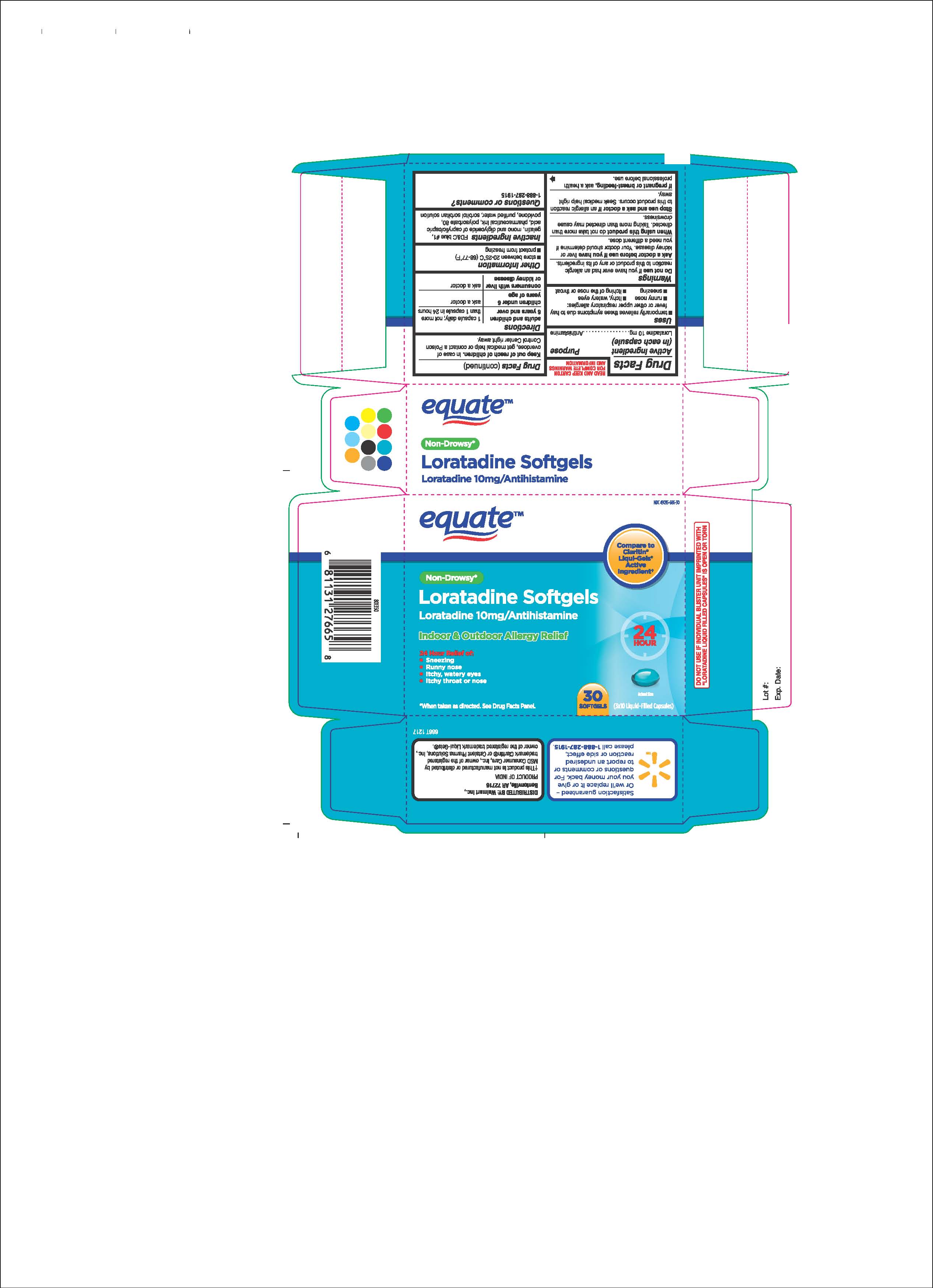Loratadine Softgels | Loratadine Capsule while Breastfeeding

What is Loratadine Softgels | Loratadine Capsule used for?
Brief: Antihistamine
What are the risk associated with Loratadine Softgels | Loratadine Capsule usage while breastfeeding? What precautions shall I take while using it in breastfeeding?

Loratadine Softgels | Loratadine Capsule Breastfeeding Analsys
Loratadine while Breastfeeding
SafeCAS Number: 79794-75-5
Second generation anti-histaminic drug with low sedative effect. Excreted in non-significant amount into breast milk. No side effects were observed in breastfed infants of treated mothers. The British Society of Immunology and Allergy rates it compatible with breastfeeding. The American Academy of Pediatrics rates it compatible with breastfeeding.
Loratadine Softgels | Loratadine Capsule Breastfeeding Analsys - 2
Loratadine while Breastfeeding
CAS Number: 79794-75-5
Because of its lack of sedation and low milk levels, maternal use of loratadine would not be expected to cause any adverse effects in breastfed infants. Loratadine might have a negative effect on lactation, especially in combination with a sympathomimetic agent such as pseudoephedrine. The British Society for Allergy and Clinical Immunology recommends loratadine at its lowest dose as a preferred choice if an antihistamine is required during breastfeeding.[1]
What if I already have used Loratadine Softgels | Loratadine Capsule?
Loratadine Softgels | Loratadine Capsule is safe in breastfeeding and should not create any health problem for your baby but in case you feel any health issue associated with Loratadine Softgels | Loratadine Capsule you should contact your doctor or health care provider. Be it pregnancy or lactation you shall keep your doctor informed.
I am nursing mother and my doctor has suggested me to use Loratadine Softgels | Loratadine Capsule, is it safe?
Definitely, Loratadine Softgels | Loratadine Capsule is safe in lactation for baby. No wonder your doctor has recommended it.
If I am using Loratadine Softgels | Loratadine Capsule, will my baby need extra monitoring?
No extra baby monitoring required while mother is using Loratadine Softgels | Loratadine Capsule
Who can I talk to if I have questions about usage of Loratadine Softgels | Loratadine Capsule in breastfeeding?
US
National Womens Health and Breastfeeding Helpline: 800-994-9662 (TDD 888-220-5446) 9 a.m. and 6 p.m. ET, Monday through Friday
UK
National Breastfeeding Helpline: 0300-100-0212 9.30am to 9.30pm, daily
Association of Breastfeeding Mothers: 0300-330-5453
La Leche League: 0345-120-2918
The Breastfeeding Network supporter line in Bengali and Sylheti: 0300-456-2421
National Childbirth Trust (NCT): 0300-330-0700
Australia
National Breastfeeding Helpline: 1800-686-268 24 hours a day, 7 days a week
Canada
Telehealth Ontario for breastfeeding: 1-866-797-0000 24 hours a day, 7 days a week
